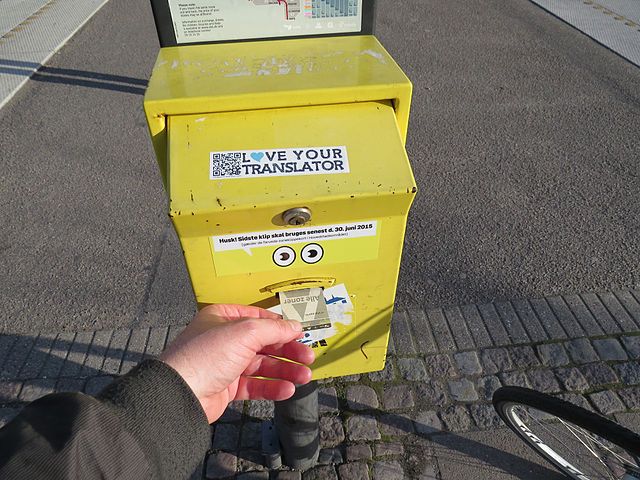Since the demise of the multi-ride train and bus ticket the klippekort in June, citizens have been sending their unused ones back for refunds.
At the last count, 33,000 citizens had bombarded the bus company Movia asking for money back for the tickets they did not use.
As many as 700 letters a day are flowing into Movia’s Copenhagen headquarters and they are still coming in.
“The letters are still coming,” Movia spokesperson Søren Englund told DR Nyheder.
Still coming in
People holding unused klippekort can return them until February 2018.
“We think it will taper off in about a month,” said Englund.
The 15 employees at Movia assigned to handle the refunds have only processed about 13, 000 of the refund requests thus far, leaving 20,000 lying in a pile that grows larger every day.
Movia had expected to refund about 10 million kroner, but the amount appears to be growing.
“The amount will be higher, but we cannot say how much just yet,” said Englund.
Postage due
Movia is also covering the postage for those requesting refunds, including those who are sending their requests in by registered mail, which costs 76 kroner per letter.
“Five to seven percent of our costs are going to meet our customer’s postage costs,” England said.
“We have done it this way to keep security high, since we are talking about money.”
READ MORE: Say goodbye to the klippekort
The postage costs have already grown to 1.2 million kroner.
Movia, Metro and DSB are responsible for the refunds, which will be paid for from this year’s ticket sales.















